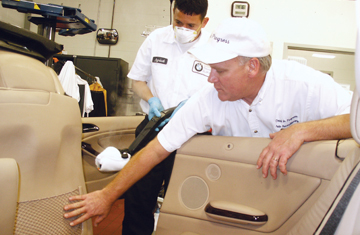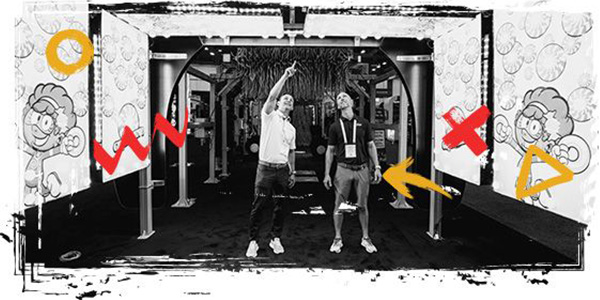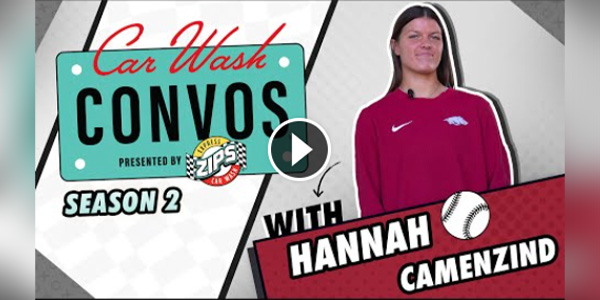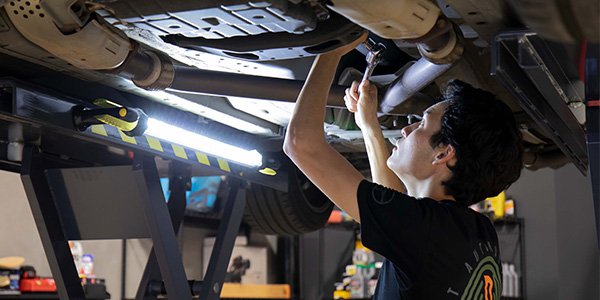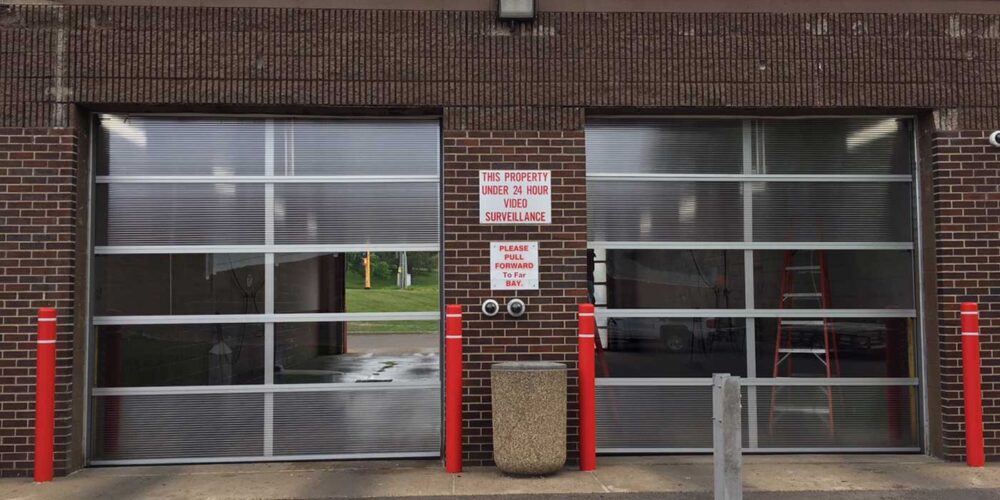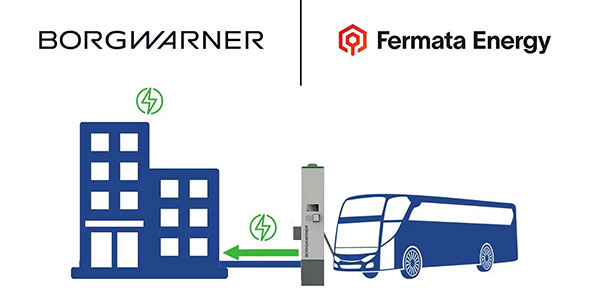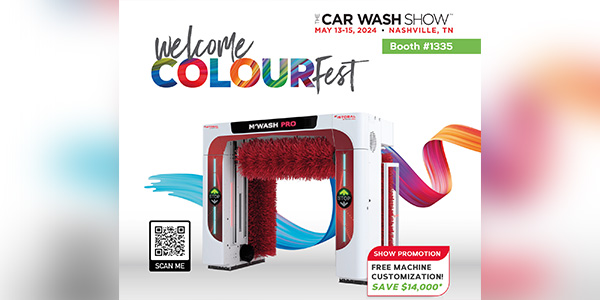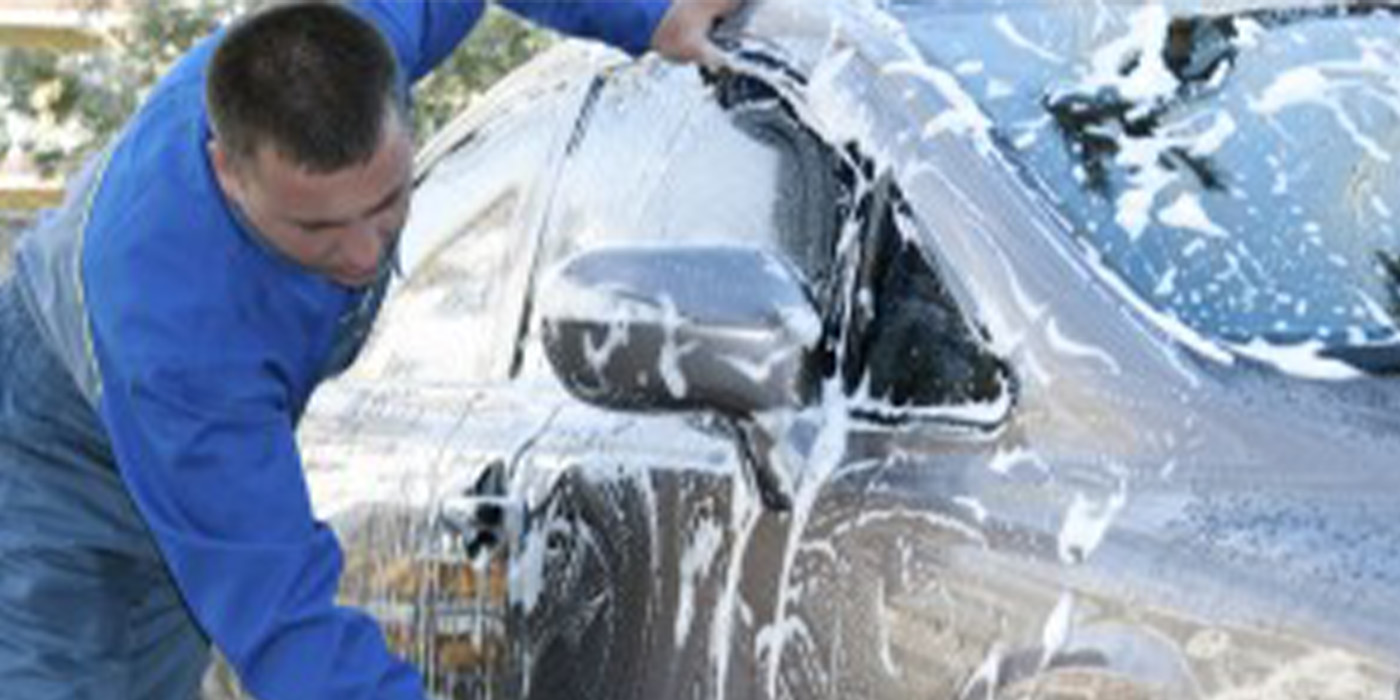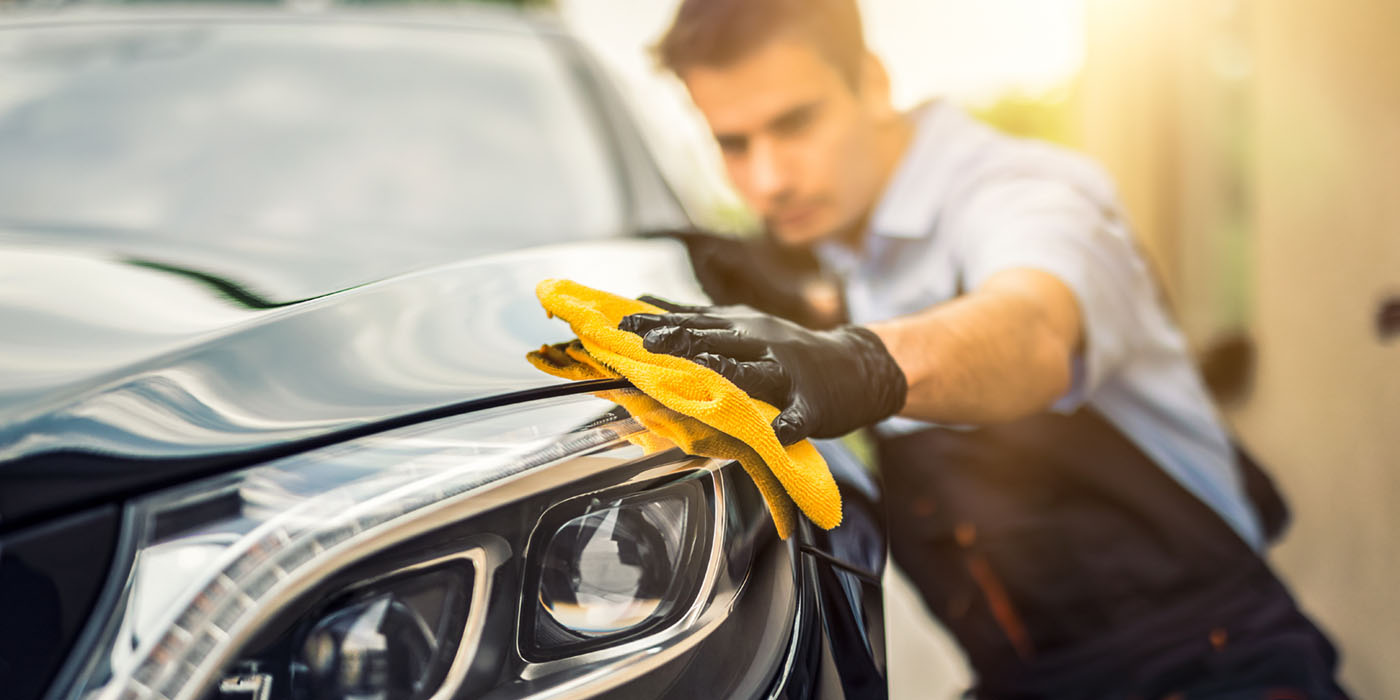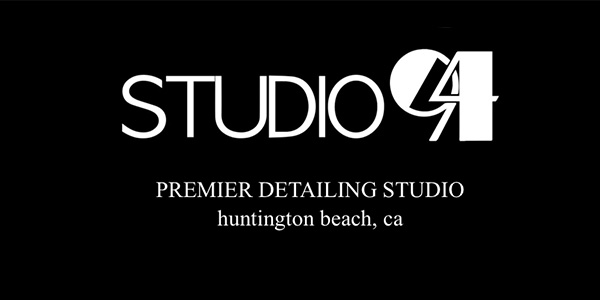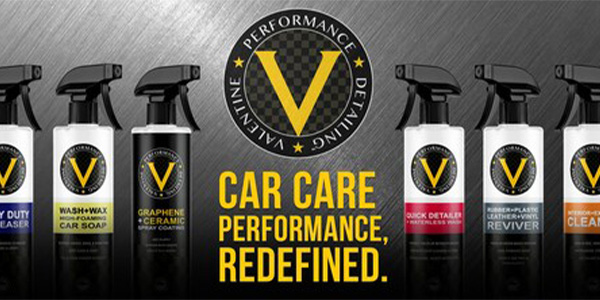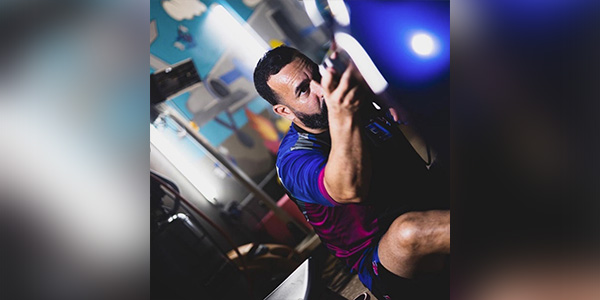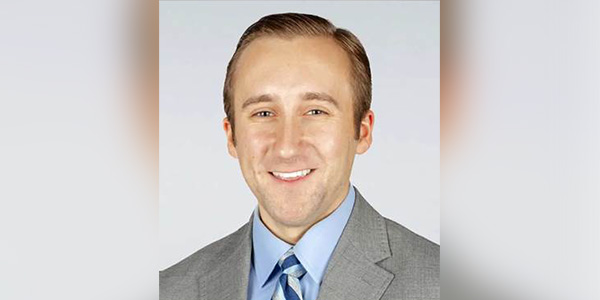Running a business can be fraught with frustrations. At a carwash detail center, these frustrations might include:
- The inability of the employees to produce better results, even when asked to;
- Inconsistency in results across employees;
- Inability of individual employees to produce consistent results;
- Detail jobs taking too long; and,
- Apparent excessive chemical usage.
These issues can most often be attributed to a lack of proper training of employees. If you find yourself suffering often from any of these frustrations, or if you would like to increase the productivity and profitability of your detail center, it may be time to take a serious look at your detail training program.
Why training?
There are many tangible and intangible benefits of creating, implementing, and sustaining a formal detail training program at your operation. Among these are:
- Your technicians become more efficient, reducing the time-per-job, thus allowing higher productivity;
- Your technicians are more effective, thus producing better results;
- Increased consistency of results from each technician as well as across technicians;
- Your technicians understand the processes that yield the results that your customers want;
- Your technicians understand the processes that produce the results that are desired for each of your detailing menu items;
- Your customers are happier with the results, leading to fewer go-backs; and,
- You are less frustrated with the detail operation as a whole because it "runs itself."
Another less tangible benefit is that more referral business is generated as your customers tell their friends about the great results that your operation produced. The ultimate benefit of such a program is likely to be increased profitability.
Step 1: Make a commitment
An effective and efficient detailing operation starts with a commitment to provide the center with the detail center with the things that it needs to do so. The owner or general manager of the car wash must be "on board" with the idea that the detailing center employees need to have a formal training program in place.
In fact, the detail center should be thought of as a separate business on the carwash property ― a "business-within-a-business", as it were. As such, the detail center has its own space, manager, employees, equipment, budget, advertising, and training.
I believe there should be one person responsible for the detail training program. If the center is large enough to have its own manager, then this person should be the detail manager. The carwash owner then must provide the detail manager with the incentive, time, and budget to create, implement, and sustain a training program for the detail center.
You will note that I keep using the term "detail training program." This is because I believe that a detail center needs its own system of training detailing. We already know that every carwash has different detailing packages, equipment, customer needs, and space, and thus each carwash needs to be able to teach detailing in such a way that it provides the technicians with the capability to deliver the necessary results expected at that particular detail center. The system begins with the current employees but is available to use for refresher training, and more importantly, new hires.
What is to be trained?
The goal of the in-house training program is to be able to teach the detailing technicians how to produce the results expected by the carwash management. To determine the appropriate results, we start with the detailing menu. The detailing menu is the interface between the customer and the capabilities of the detailing department.
Note that a discussion of the process of creating an effective menu could take up this entire column. In short, the menu must be understandable to the customer, easily sold by ticket writers, and straightforwardly deliverable by the technicians. In my experience, less is more–offering less detailing options is better than having a myriad of selections.
Once the detailing menu has been dialed in, it is necessary to determine the service elements that make up each menu item. For example, a "standard exterior detail" might include the following service elements:
- Thorough wash;
- Remove light surface contamination with detailer's clay;
- Dress tires and trim;
- Apply and remove wax;
- Wipe door jambs;
- Wipe wheels; and
- Clean exterior windows.
Once the service elements have been determined, Standards of Excellence are set up for each. For example, the service element "apply and remove wax" might be something like: "the entire exposed vehicle paint surface has an even coating of wax with no wax residue remaining on any of the paint surfaces, and no wax residue remaining in body panel seams, badges, or trim."
For each "standard of excellence", a Standard Operational Procedure (SOP) is then established. The SOP includes the equipment, chemical, technique, and rule of motion that is required to effectively and efficiently achieve the standard. For example, in achieving the Standard for "apply and remove wax" the SOPs might include the specific type of wax to be used, the type of orbital buffer and pad to be used, how to use the buffer, which panel on the car to begin; along with another set of SOPs for removing the wax.
How is a training program achieved?
There are a number of options available to develop a training program. You could certainly do it yourself, but I think you can see by the example above that this could become quite an involved and time-consuming activity. Another disadvantage of this method is that it assumes that your operation already has a staff-member that is highly trained in detailing and that the operation has the most efficient and effective equipment and chemicals.
Another option is to send your employees to one of the many detailing training schools located across the country. At these schools, you will learn a cookie-cutter approach to detailing. Although I always encourage formal training over NO training, a potential disadvantage of a detailing school is that the training it provides does not take into account the needs and limitations of your particular operations.
Each detail center caters to a distinct clientele that share some commonalities in its expectations as well as the needs of the vehicles coming in. Additionally, each detail center has its own layout, equipment, and chemicals. Thus, each detail center will have different specific training needs.
As such, I recommend that if you are going to invest in formal assistance in creating your detail training program, that you seek a company that can provide on-site detailing training. With this type of program, the instructor includes in the training an assessment of your particular operation. Ideally, you end up with a customized detailing training program that has been taught to your current employees, but, more importantly can be used for all future hires without the need for the instructor to return.
"Experienced" detailers?
When looking to hire new detail staff, it is often assumed that the best people to look for are "experienced" detailers. This assumes that the incoming “experienced” detail technician already has the knowledge to perform your service elements. Hiring an “experienced” detailer might seem like an easier route because he or she is “ready to go” and does not need any training. But this assumption is fraught with potential problems. Here are just some of the questions that arise:
- Does the detailer know how to use the chemicals and equipment in your shop?
- Does the detailer use techniques that will consistently yield results that you and your customers expect?
- Does the detailer use techniques that are efficient? That is, can he or she get the job done in a reasonable amount of time?
- Does the detailer have a good understanding of the dozen vehicle surfaces that we are responsible for cleaning and conditioning?
- Does the detailer fully understand what service elements are included for each of your menu items?
Another problem that often arises with “experienced” detailers is that they try to change how you do things or simply do his or her own methods whether or not you approve. They often want to bring in their own favorite chemicals and equipment.
If you go the route of hiring “experienced” detailers and then let them loose in your shop, assuming they know what they are doing, you are subjecting yourself and your customers to the whim and fancy of each detailer working in your shop. You may instruct the technician to “do a complete detail on this car” but that does not guarantee that the technician will deliver a result that meets your standards or those expected by your customers.
The solution that works for many is to hire on attitude rather than knowledge. I would rather have an enthusiastic new hire that is ready to learn "my way" of detailing than one who says he is "experienced."
Ongoing education
Hopefully, you end up with a formal in-house detail training program that has been tweaked to perfection over several months or years. Congratulations! You are now doing something that only a few detail shops around the country do. But you are not done yet.
The detailing industry does not change too drastically at any given time, but there are new products, techniques, and ideas that come around from time-to-time. Plus, we all have special situations that we run into that are not solved by our normal SOPs. This is where continuing education comes into play.
Encourage your detailing training manager to stay close to the industry through trade magazines, attendance at supplier and regional detailing seminars, trade show attendance, internet forum participation, and involvement in industry trade organizations.
One such organization is the International Detailing Association (IDA), which was established in 2008. The IDA is a great resource for news and information for the detailing industry.
For example, the IDA currently offers occasional continuing educational events at regional car wash conventions. It also offers the IDA Certified Detailer Program, the only independent detailing technician certification program. The program currently involves the technician taking 10 exams that demonstrate the technician's basic knowledge of professional detailing.
Moreover, the IDA Certification Program is expected to expand in the coming months, making it an even more robust certification that may include hands-on demonstration of skills.
Summary
Your detailing center will only be as good as the technicians that are performing the work. Providing your technicians with proper training (as well as proper equipment and chemicals) will allow them to perform their duties in a more efficient and effective manner, thus yielding higher quality results on a consistent basis.
This will delight your customers, ensuring their return and referrals. Moreover, you can reduce or eliminate the frustration of having to deal with inferior results.
Prentice St. Clair is the president of Detail in Progress, Inc., a San Diego-based automotive reconditioning firm offering consulting, training, and informational products. He is an International Detailing Association Certified Detailer and Recognized Trainer. He can be reached at 619-701-1100 or [email protected].

